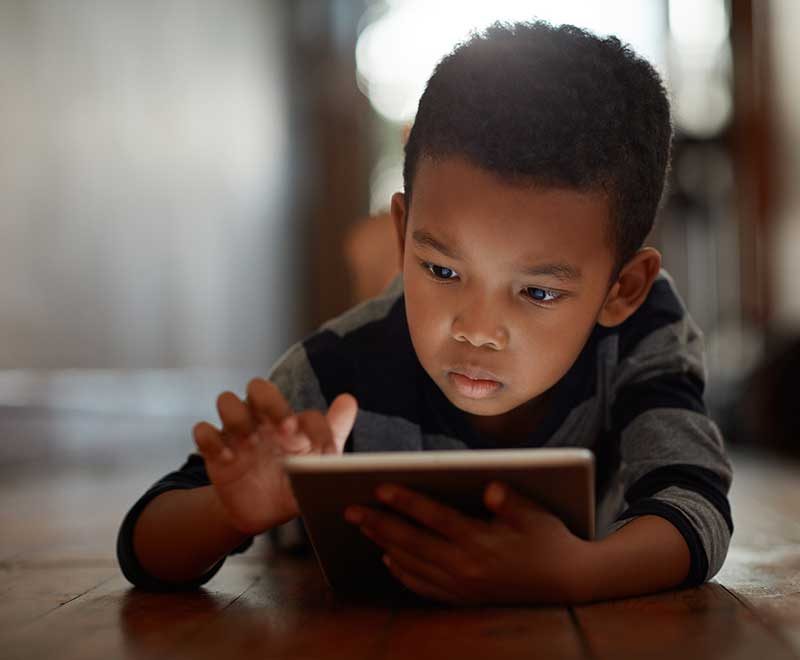In today’s digital world, screens are prevalent in our daily lives, including for youngsters. From tablets at school to cellphones at home, children’s screen time has increased drastically. While technology may be a useful tool for both study and enjoyment, parents and health professionals are increasingly concerned about excessive screen time. This blog delves into the various consequences of screen usage on children’s mental and physical health, including sleep habits and cognitive development.
The Cognitive Costs of Screentime
One of the main worries about excessive screen usage is its effect on children’s cognitive development. According to studies, youngsters who spend more time on screens have shorter attention spans and are more easily distracted. Furthermore, excessive screen usage might impede language and social skill development, particularly when it replaces interactive activities like discussion and play.
Mental Health Implications
The link between screen time and children’s mental health is nuanced and disturbing. High screen usage has been linked to higher rates of anxiety and depression. This can be attributable to a number of things, including decreased physical exercise, fewer face-to-face social connections, and exposure to inappropriate or stressful internet content.
Physical Health and Sleep Disruptions
Excessive screen time can lead to a sedentary lifestyle, which contributes to obesity and other health concerns like type 2 diabetes and cardiovascular disease. Screen-emitted blue light can also disrupt natural sleep patterns by interfering with the generation of melatonin, the hormone that regulates sleep-wake cycles. This interruption can cause sleep deprivation, which is connected to poor academic performance, mood swings, and behavioral issues.
Balancing Screen Time
While the negative consequences of screen usage can seem overwhelming, screens are not intrinsically bad. The concerns stem from excessive, unrestricted screen use. Promoting balanced screen time is critical. Parents and caregivers can help by limiting screen time and ensuring that it does not substitute physical activity, sleep, or social connections.
Educational content can also be beneficial if it is age-appropriate and handled responsibly. Parental controls and other tools can assist limit and monitor screen time to ensure that it benefits a child’s development.
Screen usage has a profound and diverse impact on children’s mental, physical, and cognitive health. As we navigate the digital age, it is critical to have a positive connection with technology. Setting boundaries and encouraging balanced screen use can help lessen the negative impacts while maximizing the benefits that technology can provide.
